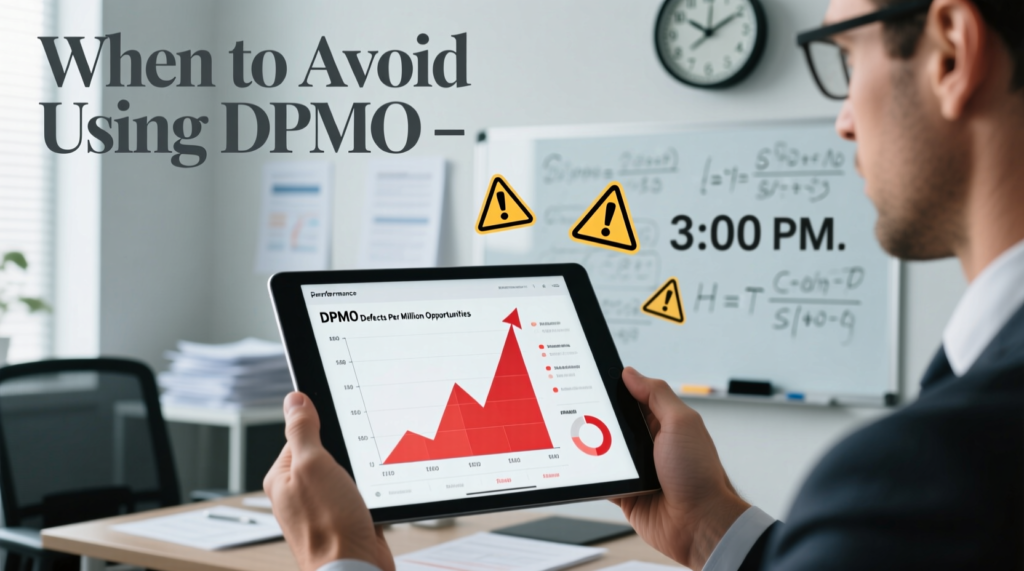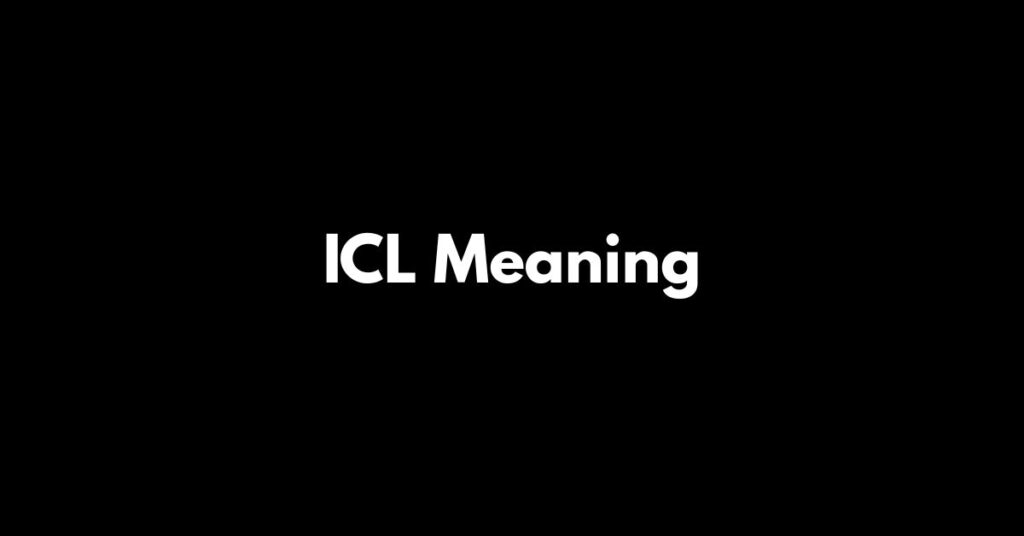Language on the internet moves fast. One moment people are saying YOLO or SMH, and the next a new acronym takes over your feed. One of these newer entries is DPMO. You’ve likely seen it in text messages, social media posts, or even in music lyrics, and wondered what it really means. This guide unpacks the DPMO meaning in text, explores its hiatus meaning, breaks down where it comes from, when to avoid it, and what better alternatives to DPMO you can use depending on the situation.
Understanding terms like this isn’t just about keeping up with slang; it’s about navigating tone, relationships, and even your own emotional boundaries in digital communication. Let’s dive in.
What Does DPMO Stand For?
The acronym DPMO most commonly stands for “Don’t Piss Me Off.”
At its core, this phrase is a slang abbreviation meaning frustration, anger, or a clear warning. It’s shorthand for setting a boundary, and it often shows up in casual speech where someone feels provoked or emotionally drained.
- DPMO in text: When someone types DPMO in a chat, it’s usually a way of signaling they’re close to losing patience.
- DPMO slang: It’s considered part of digital slang culture, similar to IDC (“I don’t care”) or WTF.
- DPMO meaning Urban Dictionary: On sites like Urban Dictionary, it’s defined with the same blunt tone—essentially a shorthand for leave me alone before I snap.
In other words, it’s not just an acronym; it’s a communication style that says, “I’ve hit my limit.”
The Hiatus Meaning of DPMO
The phrase sometimes takes on a hiatus meaning—not in the sense of stepping away from work or projects, but in signaling a pause in tolerance.
When someone says DPMO, they’re essentially declaring a break in patience, a boundary where they need emotional space. It’s not always literal anger. Sometimes it’s about:
- Emotional fatigue: Feeling drained after constant pressure or confrontation.
- Mental exhaustion: Needing a breather before engaging again.
- Self-protection: Drawing a line to protect vulnerability.
So while “Don’t Piss Me Off” sounds aggressive on the surface, in practice, it can function as a defense mechanism—a way to hit pause before conflict escalates.
Variations and Common Contexts
The usage of DPMO in text depends heavily on tone, platform, and audience.
- Text messages with friends: Often casual, sarcastic, or even playful. Example: “Bro, DPMO, I just woke up.”
- Online gaming chats: A shorthand for frustration when teammates push limits.
- Social media slang: Used in memes or captions to signal irritation or boundary-setting.
- Urban slang dictionary entries: Highlight its blunt and often aggressive edge.
In short, context matters. The same acronym that comes across as a joke in a group chat might sound hostile in a work thread.
When to Avoid Using DPMO

There are times when this phrase can do more harm than good. Misreading tone in digital communication can spark unnecessary tension. You should avoid DPMO in:
- Professional environments: Workplace emails, LinkedIn messages, or business Slack channels demand a professional tone.
- Sensitive conversations: Discussions with family, partners, or in cultural contexts where politeness in language is highly valued.
- High-stakes moments: Any situation where miscommunication could lead to escalation instead of resolution.
Using acronyms like DPMO without thought can blur lines between informal vs. formal communication and damage trust.
Polite & Effective Alternatives to DPMO
Instead of leaning on blunt acronyms, you can use polite alternatives, professional alternatives, or even emotional alternatives depending on your setting. Here are better conflict resolution phrases:
- “Please don’t test my patience.”
- “I’m trying to stay calm here.”
- “Let’s not go there.”
- “Don’t push it.”
- “That’s not helping.”
- “Let’s stay respectful, please.”
- “I’ve reached my limit for today.”
- “I don’t have the energy for this right now.”
- “Not the time, not the place.”
- “I’d rather not get into this.”
- “Let’s not make this worse.”
- “I need some space to cool off.”
These options preserve respect and boundaries while avoiding unnecessary confrontation. They help you express limits without sounding hostile.
Why Choosing the Right Alternative Matters
Words shape how others see us. Picking the right phrase instead of snapping with DPMO can mean the difference between conflict escalation vs. de-escalation.
- With friends, using softer phrasing shows empathy.
- At work, choosing professional communication boundaries builds credibility.
- In family dynamics, politeness in language helps preserve harmony.
Ultimately, it’s about balancing honesty with emotional intelligence in texting—acknowledging frustration without fueling confrontation.
The Psychology Behind Using DPMO
Why do people resort to blunt acronyms like DPMO?
- Anger and frustration: It’s quicker to type than to explain feelings.
- Defense mechanism: It shields vulnerability by creating emotional distance.
- Casual speech habit: Digital slang often favors brevity over nuance.
- Vulnerability avoidance: It’s easier to say DPMO than admit hurt.
This shorthand reflects self-awareness in language but also highlights how many of us lean on shortcuts instead of articulating feelings directly.
DPMO in Pop Culture & Music
Like many acronyms, DPMO entered mainstream vocabulary through pop culture references.
- Music influence: British rapper Central Cee popularized the phrase with his track “DPMO”, adding to its slang credibility.
- Memes and social media: It circulates in captions, GIFs, and relatable posts.
- Casual speech adoption: Younger generations, especially Gen Z, embrace it as part of their internet slang meanings toolkit.
These cultural touchpoints give the acronym staying power beyond just private chats.
Related Slang & Acronyms You Should Know
To fully understand DPMO, it helps to compare it with related expressions that share a similar tone.
Here’s a quick table to map out where it stands:
| Acronym | Full Form | Tone | Common Use Case |
|---|---|---|---|
| DPMO | Don’t Piss Me Off | Strong, warning | Frustration, emotional boundary |
| STFU | Shut the F*** Up | Harsh, rude | Anger, shutting down conversation |
| IDC | I Don’t Care | Neutral, dismissive | Detachment, apathy |
| SMH | Shaking My Head | Disappointed | Mild criticism or disbelief |
| WTF | What The F*** | Shock, disbelief | Strong reaction, casual speech |
This comparison highlights how DPMO sits firmly in the category of confrontation and defense, but can still vary in intensity depending on delivery.
Final Thoughts: Think Before You Say “DPMO”
The DPMO meaning in text is simple: Don’t Piss Me Off. But its hiatus meaning adds a layer—it’s a way of saying “I need space” or “I’ve hit my limit.”
Whether you see it in DPMO slang, hear it in music, or stumble across the DPMO meaning Urban Dictionary entry, remember that tone and setting shape how it’s received.
The next time you’re tempted to type DPMO, pause. Ask yourself:
- Could a polite alternative get my point across?
- Will this phrase de-escalate or escalate tension?
- Am I using it as a defense mechanism instead of expressing real feelings?
Language isn’t just about words—it’s about relationships. Respect, empathy, and digital etiquette matter. And sometimes, the difference between conflict and connection is just a phrase away.

James Henry – Writer at Lotus Magazine, providing expert mobile network guides with clarity and precision.



